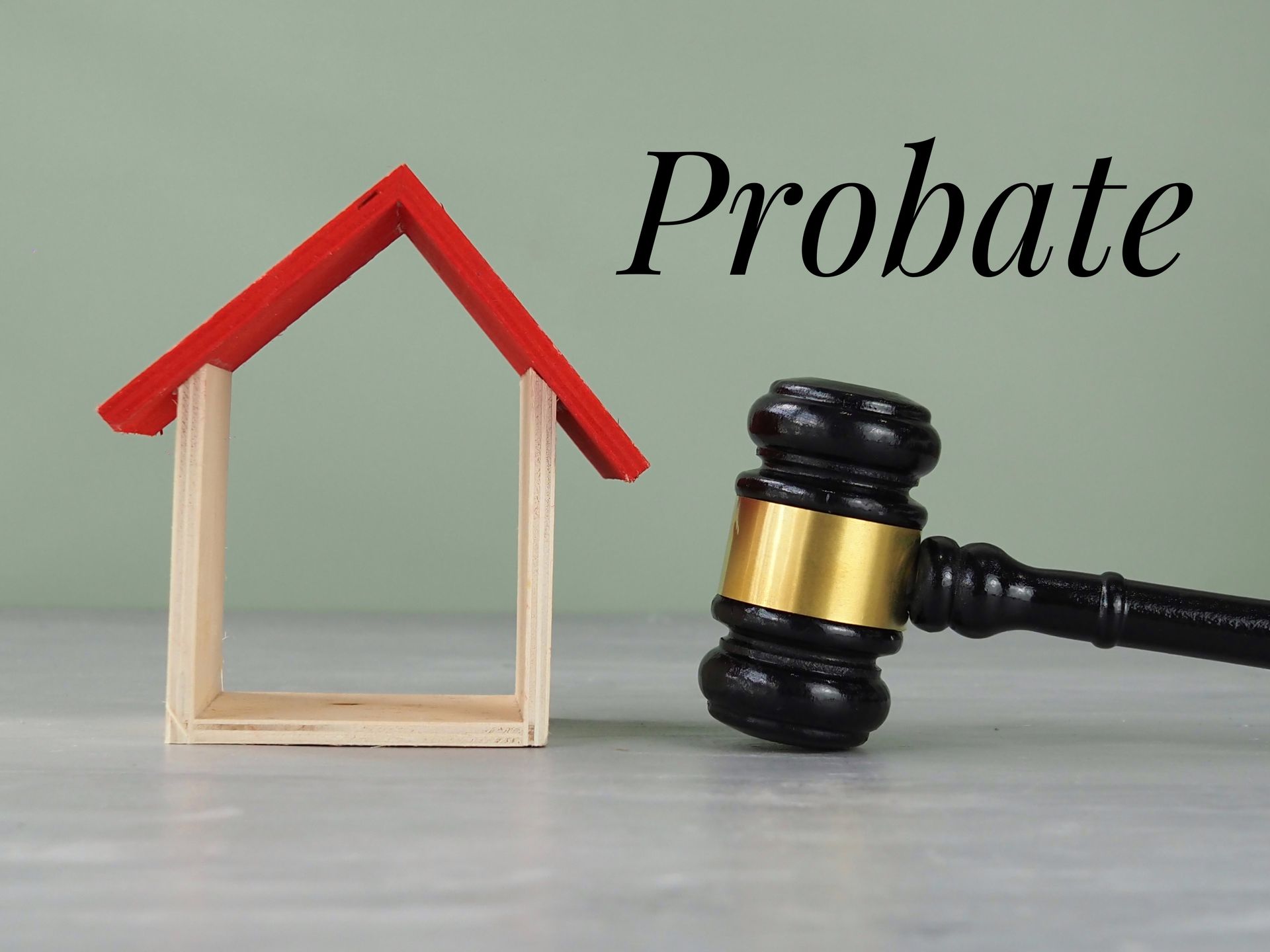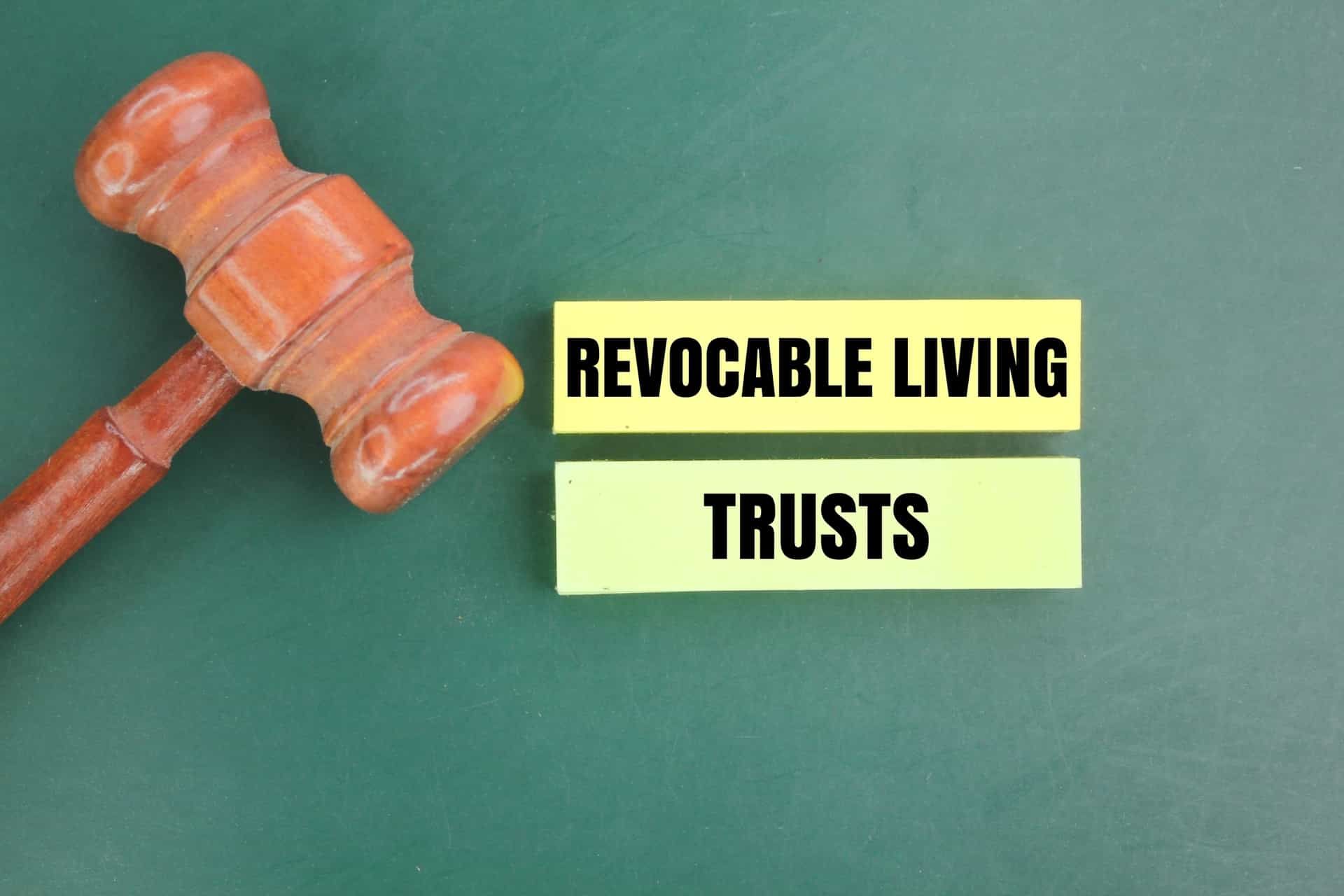Why Estate Planning is Important: Here are 5 Key Reasons
Individuals often overlook estate planning, but it is crucial to securing their financial future and ensuring their wishes are honored.
Whether they have an estate or significant assets, having an estate plan can provide peace of mind and protect their family members. Here are five critical reasons why estate planning is vital for everyone.
5 Reasons Why Estate Planning is Important
1. Protecting Your Loved Ones
One goal of
estate planning is to safeguard loved ones. Without an estate plan, there may be uncertainties regarding your assets' distribution, leading to conflicts among family members.
Ensuring Financial Security: By creating an estate plan, you can allocate assets to your beneficiaries to ensure the well-being of your spouse, children, or other dependents. This involves setting up trusts, naming beneficiaries, and drafting a will.
Appointing Guardians for Minor Children: It is essential to designate guardians in your will when minor children are involved. This ensures that trusted individuals will care for your children if something happens to you and your spouse.
Minimizing Family Disputes: Clearly outlining your intentions in an estate plan can help prevent misunderstandings and disagreements within the family. This approach can also reduce the likelihood of disputes that often arise without clear guidance.
2. Avoiding the Probate Process
Dealing with distributing a person's assets through
probate can be time-consuming and expensive. Planning your estate can help you bypass probate, easing the burden and financial responsibilities on your loved ones.
- Setting Up Trusts: Creating trusts is one way to avoid probate. Trusts allow you to transfer assets to your chosen beneficiaries without going through probate. This method simplifies the asset distribution and maintains confidentiality since trusts are not publicly disclosed.
- Updating Beneficiary Designations: Keeping beneficiary designations up-to-date for accounts like life insurance policies, retirement plans, and other financial assets can also help avoid probate. These assets can be directly passed on to beneficiaries without probate proceedings.
- Using Joint Ownership: Another way to skip probate is by holding property with survivorship rights. In this situation, ownership automatically transfers to the surviving owner upon your passing, effectively avoiding probate proceedings.
3. Mitigating Estate Taxes
Estate taxes can significantly reduce the inheritance received by your heirs. Implementing effective estate planning strategies can lessen these taxes, allowing you to preserve a portion of your wealth for your intended beneficiaries.
- Utilizing Exemptions and Deductions: Understanding and utilizing the available estate tax exemptions and deductions is crucial. For instance, the federal estate tax exemption enables you to transfer a portion of your estate without incurring taxes. Proper planning can optimize these exemptions and deductions.
- Strategies for Gift Giving: Giving gifts during your lifetime can reduce the value of your estate. Providing tax gifts to your heirs can effectively shrink the size of your estate, potentially reducing your estate tax liabilities.
- Incorporating Charitable Contributions: Integrating donations into your estate plan can also help in lowering estate taxes. Supporting organizations can yield tax benefits by diminishing the taxable value of your estate.
4. Securing Business Continuity
Effective estate planning is imperative for business proprietors to ensure the seamless operation of their businesses after their demise. Failing to have a plan in place may lead to uncertainties regarding the business's future, risking its continuity.
- Developing Succession Plans: A succession plan is vital for transitioning ownership within your business entity. This entails identifying and training a successor, detailing how ownership will be transferred, and setting up management structures to uphold efficiency.
- Contracts for Business Transfers: Buy-sell agreements delineate how ownership interests in a business will be passed on upon an owner's demise. These agreements help prevent conflicts among the remaining owners and ensure that the business remains in the hands of individuals.
- Life Insurance: Life insurance can support business expenses, taxes, and unexpected costs arising after your passing. This strategy can help avoid the need to sell the business or its assets to meet these obligations.
5. Managing Incapacity
Estate planning involves planning for arrangements after death and preparing for incapacity. Having a plan in place in case you are unable to manage your affairs due to illness or injury ensures that your wishes are respected.
- Durable Power of Attorney: A durable power of attorney allows you to appoint someone to decide on your behalf if you become incapacitated. This ensures that your affairs are handled according to your instructions and avoids the necessity of court-appointed guardianship.
- Healthcare Directives: Healthcare directives, such as a living will and healthcare power of attorney, enable you to communicate your medical treatment preferences and designate someone to make healthcare decisions for you. This helps ensure your healthcare choices are honored and guides your loved ones during difficult times.
- Revocable Living Trusts: Living trusts that offer flexibility by allowing modifications provide a way to manage your assets if decision-making becomes difficult. Transferring your assets to a trust and naming yourself as the trustee, with the option of having a trustee if necessary, ensures that your assets are managed according to your wishes.
Conclusion
Planning for the future of your estate is vital for stability and protecting your loved ones. By focusing on aspects such as safeguarding loved ones, avoiding probate processes, reducing estate taxes, ensuring business continuity, and preparing for incapacity, you can develop a strategy tailored to your needs and goals.
Here at
Doane & Doane P.A, West Palm Beach. We understand the importance of estate planning and are committed to guiding you through this process. Our experienced team is ready to assist you in creating a customized estate plan that provides peace of mind and ensures that your intentions are honored. Contact us today to schedule a meeting and start laying the foundation for preserving your legacy.
Disclaimer: The information on this website and blog is for general informational purposes only and is not professional advice. We make no guarantees of accuracy or completeness. We disclaim all liability for errors, omissions, or reliance on this content. Always consult a qualified professional for specific guidance.
RECENT POSTS






